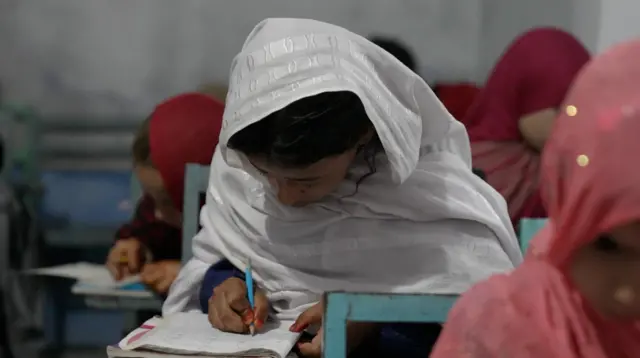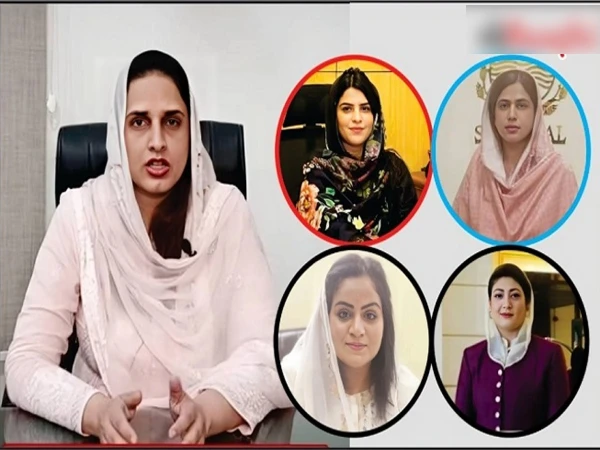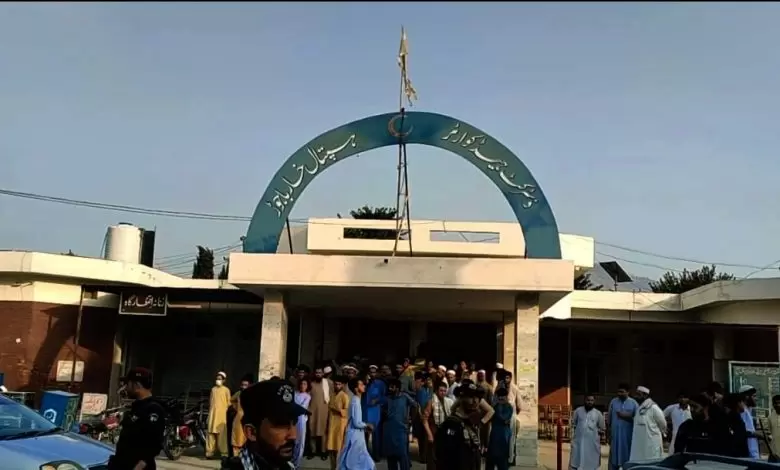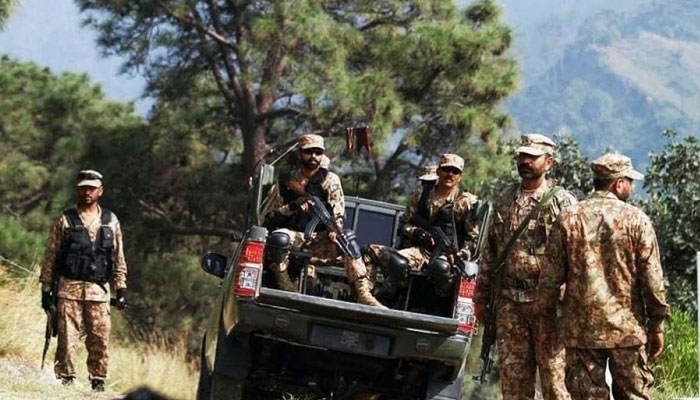
For decades, millions of Afghan refugees have lived in Pakistan. Among them are children who were born and raised here, children who grew up speaking local languages, attending local schools, and dreaming local dreams. Yet today, these same children are being shut out of the very schools that once welcomed them, victims of a hardline government policy that bars them from admission to public and private institutions.
Under the new policy, schools have been directed not to enroll Afghan children in the upcoming academic session, even if they were previously enrolled. As a result, countless Afghan children, many of whom have been part of Pakistan’s education system for years, now find themselves turned away at the school gates with no clear path forward.
What is the crime of these children? They neither understand politics, nor the arbitrary lines that divide nations. Their only “fault” is being Afghan, born to parents who once fled war, poverty, and terror, seeking refuge in Pakistan. Must these children now inherit the same burden their parents have carried for decades?
Also Read: Six Militants Eliminated in Bannu as Security Forces Foil Terror Plot
If we tie the right to education solely to citizenship, we trample on a basic moral principle — that education is a fundamental human right. The UN Charter, the Convention on the Rights of the Child, and countless international agreements guarantee this right to every child, regardless of their nationality or immigration status.
If this were a temporary restriction, perhaps the damage would be limited. But in the current situation, where many Afghan families have been ordered to leave but remain in limbo, denying their children access to education deals an irreparable blow. These children are neither returning to Afghanistan nor being allowed to study in Pakistan — trapped in a painful, silent crisis.
An innocent generation — already struggling with issues of identity, shelter, and safety — is now being deprived of knowledge, the very light that could guide them to a better future. Left without schooling, these children will likely spend their days on the streets, forced into labor, or worse, swept into criminal networks.
There are alternatives. Even if their parents’ legal status is questionable, stripping children of education is an inhumane choice. The government could implement transitional education policies, allowing Afghan children temporary enrollment while parents complete their documentation. Special educational centers, supported by NGOs, international agencies, and volunteer educators, could also be established to bridge this gap until a final decision on their status is made.
This is a moment for deep reflection. Do we see ourselves as a humane society? Are our policies built around human welfare or political convenience? Afghan children — refugee children — are children first and foremost, and every child deserves the right to learn.
In an era where knowledge, education, and skill are paramount, depriving these children of schooling is not just short-sighted but dangerous. The very children we shut out today will pose greater challenges for our society tomorrow. It is up to us to decide: do we place pens in their hands or close the doors of opportunity forever? Do we see them as children — or only as "illegal refugees"?
Note: The views expressed in this blog are those of the author and do not necessarily reflect the views of the organization.
2.jpeg)
1.jpeg)
09 Jul, 2025





1.jpeg)
09 Jul, 2025